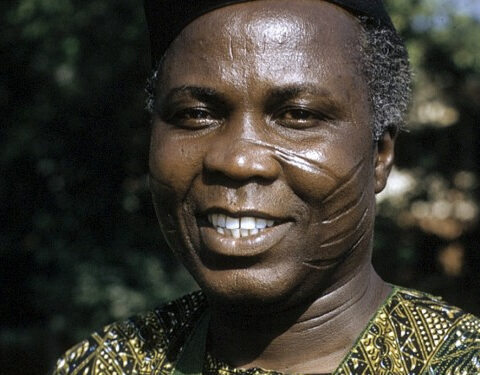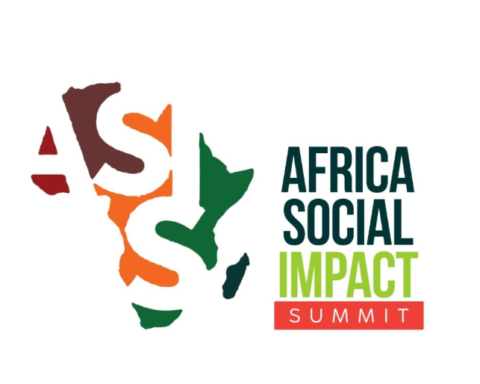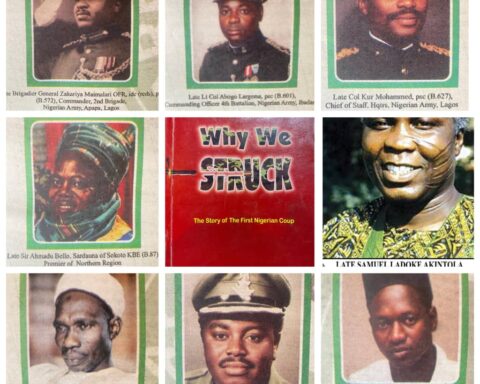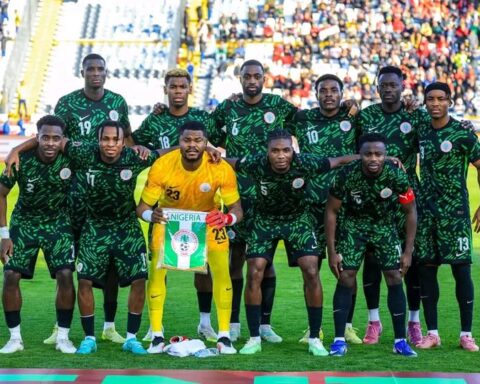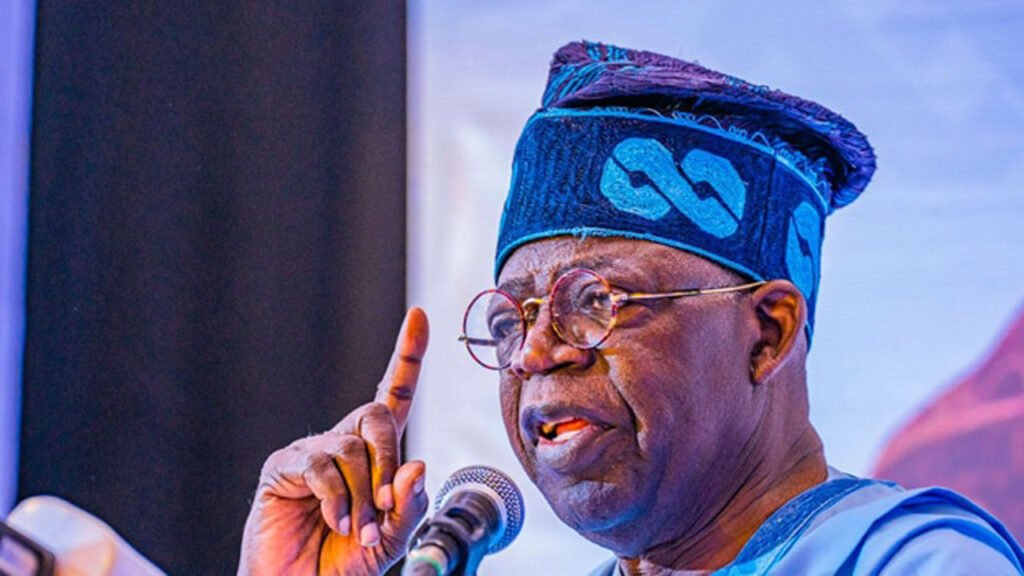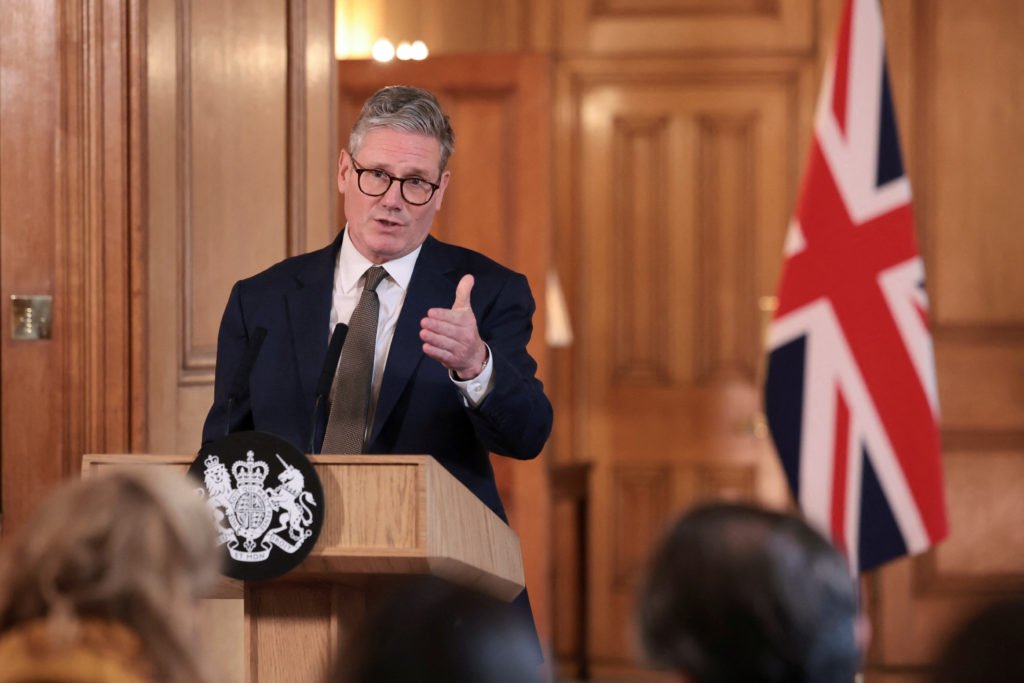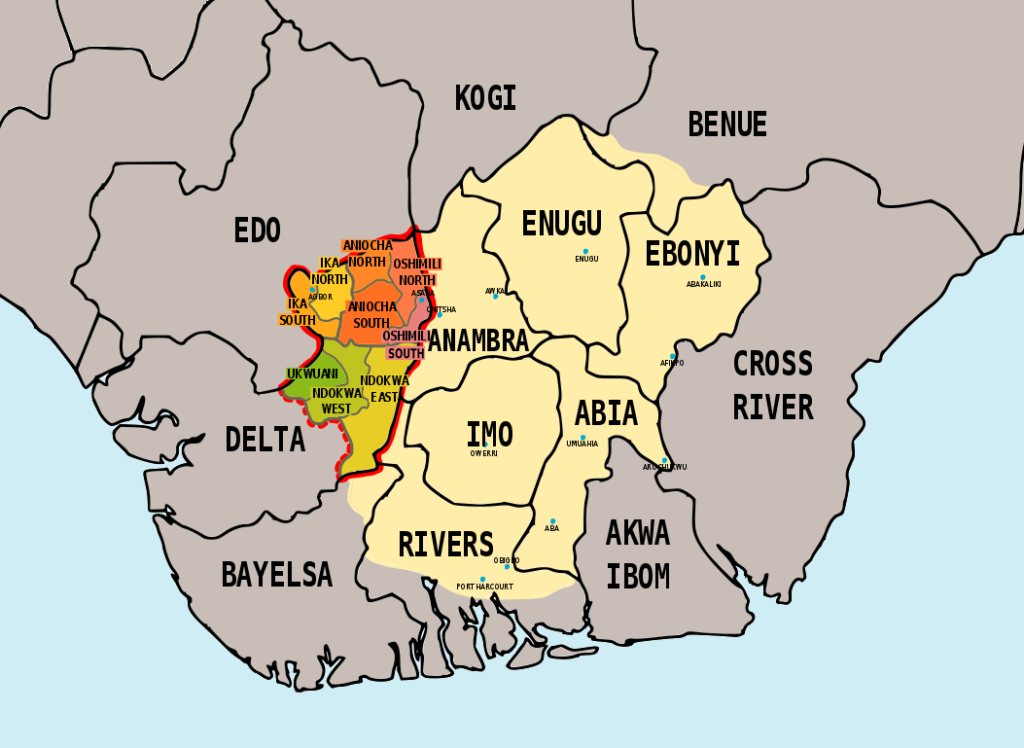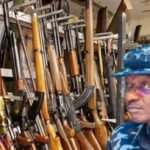Let no one be frightened when I say poverty trap. That is exactly what we are dealing with. There is pervasive poverty, hunger, disease and infrastructure decay throughout the country. We are like a country emerging from a protracted war. Every sector of the economy is in sordid state. The indices are sobering. The way out for any country in our situation is to adopt a national reconstruction plan, implement and bring the nation back to her feet. That is the only way out of the deplorable state of affairs in the country. My position is predicated on the socio-economic indices from multilateral agencies. Nigeria has consistently been placed alongside poverty-stricken war-torn countries. Nigerians don’t need to be told that the country is facing very precarious condition in virtually every aspect of her national life.
The United Nations Development Program (UNDP), not long ago, released the Human Development Index (HDI) for some countries. The focus was on “power, poverty and the global water crisis.” Most of the data used for the report were derived largely from 2004 or earlier. Not all the UN member states assessed chose to provide the necessary statistics.
The HDI measures the achievements of a country in three basic areas of human development. These include: (a) A long and healthy life as measured by life expectancy. (b) Knowledge as measured by the adult literacy rate and (c) A decent standard of living as measured by the Gross Domestic Product (GDP) per capita at purchasing power parity (PPP) in USD. The report showed a general stagnation in world HDI. While there is general improvement in the developed countries, there is general decline in the developing world. Countries in sub-Saharan Africa showed serious decline in HDI. Most of these countries scored between 0.300-0.499 out of a total of 1. An HDI below 0.5 represents low development.
Sadly enough, 29 of the 31 countries in the low development category are located in Africa. The bottom ten countries are all in Africa. The highest scoring sub-Saharan African countries, namely Equatorial Guinea and South Africa are ranked 120th and 121st respectively. Conversely, an HDI 0.8 or more is considered to represent high development. As expected, it includes all developed European Union countries, some developing countries mainly in Eastern Europe, Latin America, Southeast Asia and oil-rich Arabian Peninsula.
Nigeria was ranked 159th out of 177 countries assessed. By this ranking, Nigeria was placed among the 30 countries with the lowest quality of life in the world. In 2005, Nigeria was ranked in the 158th position meaning that the deplorable state of affairs in the country remains unchanged. Today, the situation is even worse. The HDI is a comparative measure of poverty which uses a combination of diverse indices such as quality of healthcare, education services, economic indices, life expectancy, literacy rate, school enrolment at different levels and GDP per capita, to determine the quality of life available to citizens of a country. The HDI placed Nigeria, Niger, Chad, Eritrea, and Sierra Leone in the same class. The HDI is a standard means of measuring well being, especially child welfare. It is used to distinguish whether the country is a developed, developing or under developed. It is also used to measure the impact of economic policies on quality of life. Since 1993, the UNDP has used it in its annual Human Development Report.
Most disturbing is the report’s conclusion that the current infant mortality in Nigeria is equal to that of Britain in the 1890s In late 1890s the infant mortality in Britain was 160 deaths for every 1000 live births-roughly the same as in Nigeria today. Children died mainly from diarrhea and dysentery. They died for the same reason that so many children still die in developing countries, sewage was not separated from drinking water.” It is no longer news that the overwhelming majority of Nigerians don’t have access to clean drinking water, How many people actually drink what could be regarded as clean water on daily basis? Certainly, quite a few, maybe, only the leaders compared with the teeming population. We must embrace the fact that we are living in the 1890s, more than one hundred and twenty years behind civilization! There is no need disputing this as our leaders often do. The abject condition of things is glaring all over the country. What do we do to get out of this mess?
When in 1947, George Marshall, the U.S Secretary of State launched what came to be known as the Marshall Plan as a post war reconstruction plan for Europe, probably the condition of Europe was better than what we face in Nigeria today. Europe had emerged from World War II (WW II) two years earlier and was in the throes of its aftermath. The quality of life in Europe was better in 1947 than in the late 1890s. What Europe lacked then were materials to sell to earn hard currency because its industries and infrastructure were destroyed during the war. Something drastic needed to be done, at least for humanitarian reasons, to save the war-weary people. The United States offered $20 billion for the relief package. Europe was made to come together to draw up a rational plan on how to use the aid. The Marshall Plan worked. By 1953, Europe was standing on its feet again. The Marshall Plan helped feed the starving, sheltered the homeless and put the European economy back on its feet.
Nigeria is on a better footing than Europe in 1947 because we have oil to sell for hard currency. What is lacking is the political will to genuinely and patriotically tackle the deplorable condition of things in the country. Nigeria today faces more virulent decay than what Europe faced at the end of WWII. Apart from the depressing human condition, there is also the visible infrastructure decay-roads, bridges, closure of factories, mines and railways. There is dislocation of the entire fabric of the economy? No sector of the economy is sacrosanct. This formed the basis for the economic reforms of the Obasanjo administration. In the banking sector, for instance, there appears to be some reform following the Professor Charles Soludo engineered consolidation program. But to what extent has the consolidation exercise helped to change the deplorable condition of things? The exercise has led to layoffs in the banking sector, thereby worsening the unemployment problem. There is mass unemployment, low-income per capita, skyrocketing inflation. There is also massive corruption. There is breakdown of private sector initiative, as policies appear geared towards stunting the sector.
Furthermore, there is breakdown of what is regarded as the basis of modern civilization. The agricultural sector, which has always produced foodstuffs exchanged with other necessities of life in the city, has broken down. Industries are not producing adequate goods to exchange with the food-producing farmers. Raw materials and fuel are in short supply and expensive. Machinery is lacking or worn out. The teeming population that has flocked to the cities is short of food, housing, electricity and other industrial goods. So government and other private business concerns are forced to use the available foreign exchange to import from abroad. This process perpetually keeps our industries down. The modern system of division of labor upon which the exchange of products is based has broken down in Nigeria.
The truth is that our requirements for the next four to eight years of foreign industrial goods can hardly be sustained without inflicting irreconcilable damage to the already lopsided economy. We face grave economic, social and political deterioration, unless a more forceful reconstruction plan is put in place. The remedy lies in breaking the vicious cycle of misrule, corruption and restoring the confidence of Nigerians in the economic future of the country.
Aside from the demoralizing effects of the ugly situation, there are possibilities of more disturbances arising from the desperation of people. Government should do whatever is possible to ensure a quick return of normal economic health with the people at the centre. Without this, there would be no political stability and no assured peace. Any reconstruction plan should be directed against hunger, poverty, desperation and chaos. The onus is on the political parties to seek to adopt such plan to tackle mass human misery instead of profiteering from the same, as that will engender instability.
Dr. Onyekakeyah, former member of The Guardian Editorial Board is a Public Affairs Commentator and a Daily Query columnist.
Follow us on all social media platforms @dailyquery for news and analyses around the globe.

